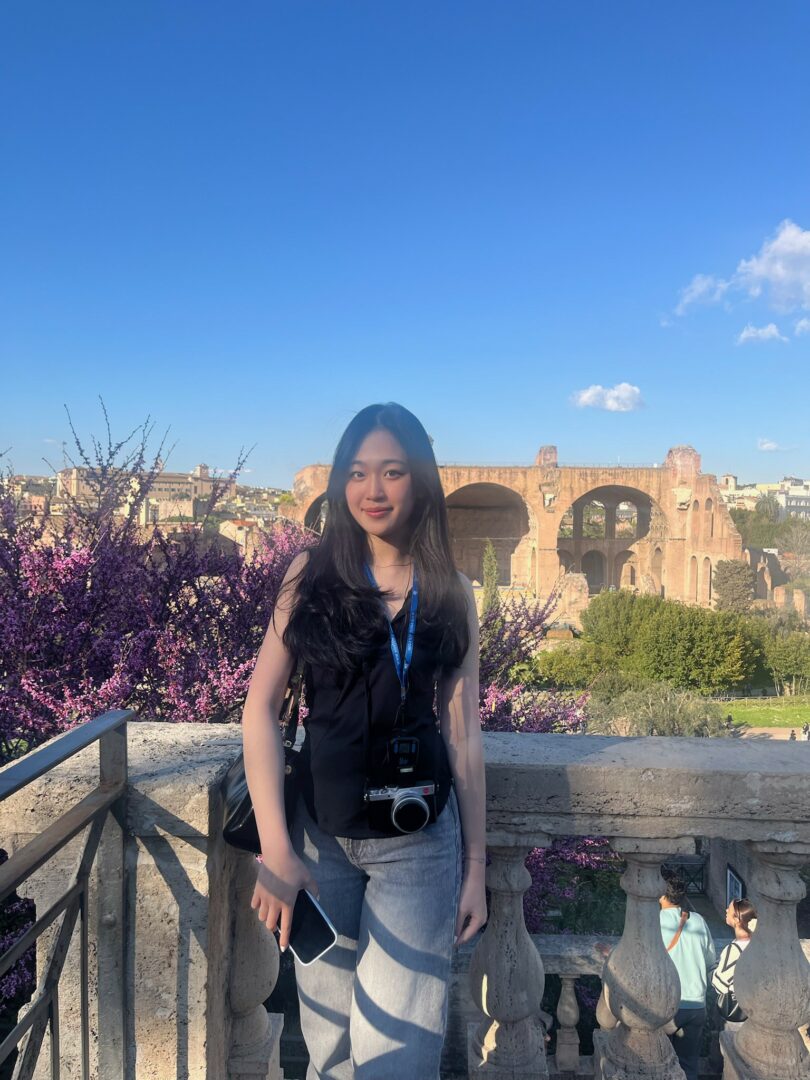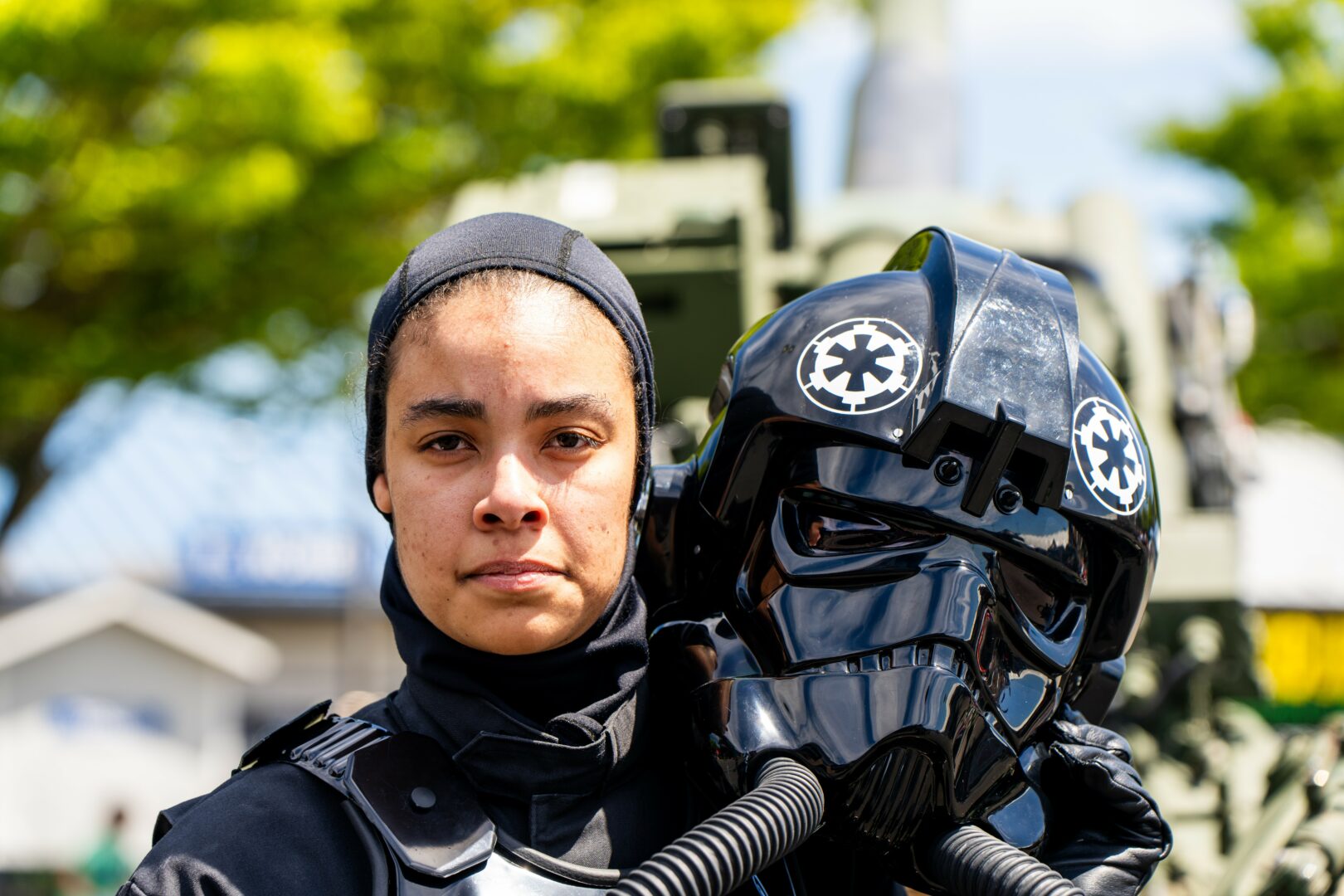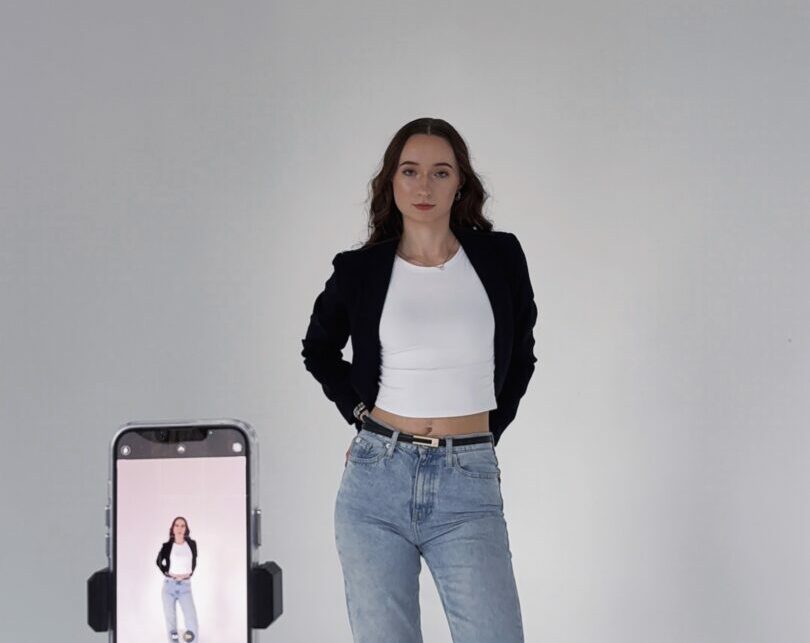We were lucky to catch up with Chloe Tseng recently and have shared our conversation below.
Chloe, appreciate you making time for us and sharing your wisdom with the community. So many of us go through similar pain points throughout our journeys and so hearing about how others overcame obstacles can be helpful. One of those struggles is keeping creativity alive despite all the stresses, challenges and problems we might be dealing with. How do you keep your creativity alive?
Art has been a part of me ever since childhood. I was the kid who always carried around a sketchbook, doodling during free time and spending hours on school art projects. However, as I grew older and life got busier, there came a point where I noticed I wasn’t making as much time for my art, and I felt disconnected from that part of myself. I came to see that creativity is something that needs to be practiced regularly, or it fades. That’s when I knew I needed to find opportunities, and I realized that keeping my artistic passion alive doesn’t just have to be for my own benefit—I can use it to reach the hearts of others.
So, I became involved in the art areas of my school. I am now the vice president of an art club. In that role, I have the chance to help others tap into their creativity through small, fun projects. Leading alongside peers who were just as passionate as I was has helped me grow not only as an artist but also as a leader. I joined the yearbook staff, where I combined my artistic skills with storytelling through design and photography. Capturing moments from school events and transforming them into spreads reminded me how much I loved using visuals to tell a story. I also joined the team behind my school’s art magazine, where we work to curate and showcase student artwork. These creative outlets keep my creativity alive, allowing me to find beauty in unlikely places, tell stories, and serve a purpose bigger than myself. Creativity is how I see the world and connect to it, and that’s what makes keeping it alive so worthwhile.
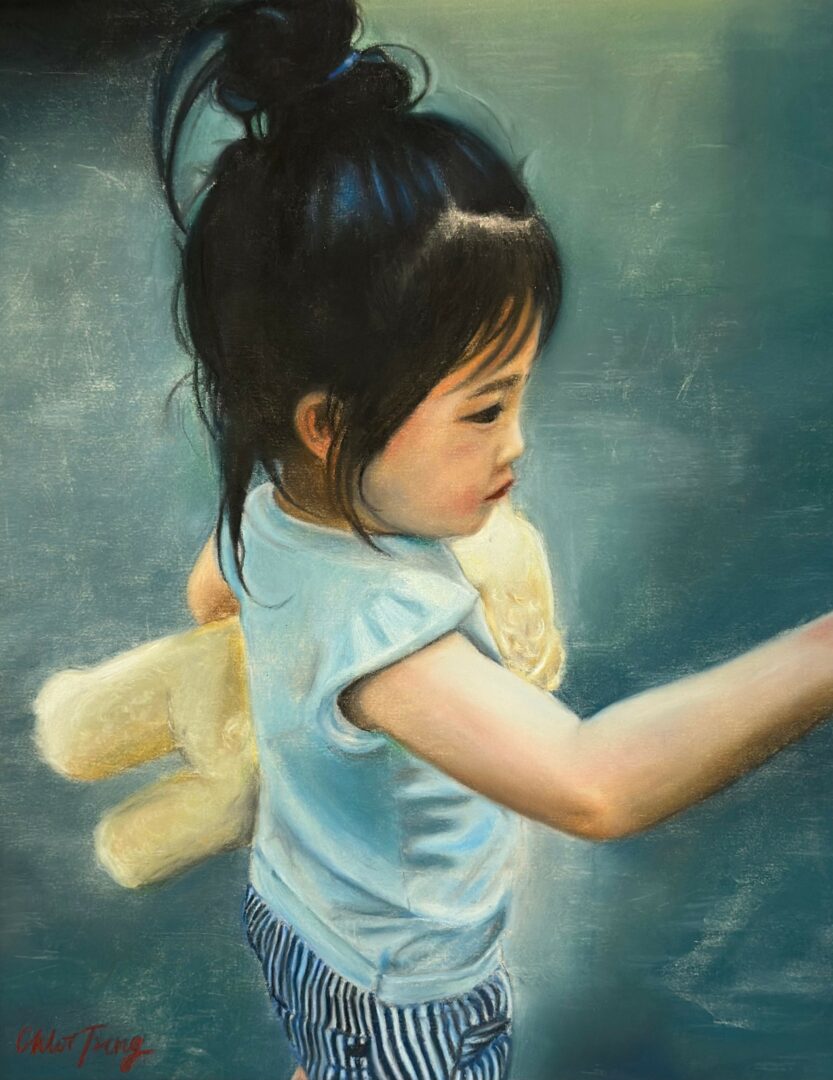
Appreciate the insights and wisdom. Before we dig deeper and ask you about the skills that matter and more, maybe you can tell our readers about yourself?
I currently serve as the Director of Design and Graphics for Origami for Good, an organization focused on impact through youth voices and a love for the art of Japanese folding. As the Director of Graphics, I’m responsible for creating visuals, from infographics to social media content, that help communicate the organization’s message.
What makes this work so meaningful and exciting to me is that I get to use my artistic ability with intention. I’m not just creating something that looks aesthetically pleasing; I’m creating something that informs and inspires action. Whether I’m designing an infographic teaching about the impacts of folding origami on mental health or creating a collaboration with other nonprofit organizations like us, I’ve learned how much power visuals have in shaping the way people engage with important issues or matters in our society today.
Also, the Origami for Good community has been rapidly expanding! I think what I get to do is really special because I’m able to showcase our reach around the globe and all the hard work our volunteers do to spread the cause.
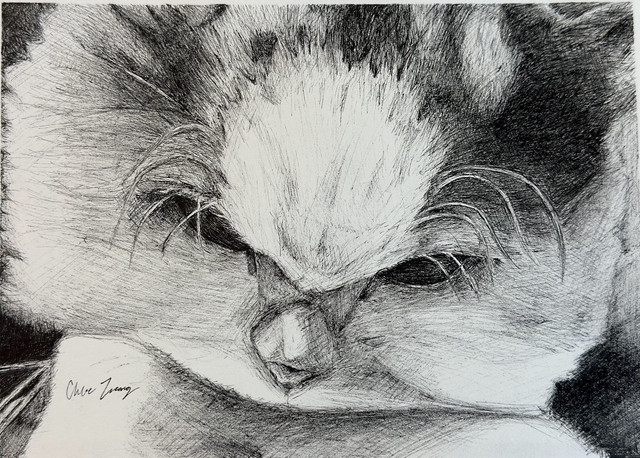
There is so much advice out there about all the different skills and qualities folks need to develop in order to succeed in today’s highly competitive environment and often it can feel overwhelming. So, if we had to break it down to just the three that matter most, which three skills or qualities would you focus on?
I think an important quality would be taking initiative for yourself. A lot of the roles I’ve taken on started because I decided to reach out or sign up for something I didn’t think I’d get accepted into. Waiting will only get you so far; I’d say you never know what doors could open for you and how much your work could mean to you in the future until you try it!
Communication is also crucial. It’s important to know how to listen, ask the right questions, and collaborate with others to clearly send your ideas out into the world. Diving deeper into what you are trying to communicate to others through your work will not only bring those ideas to life, but it will also make those ideas have an impact. My advice to others is that keeping an open mind and understanding your audience will help you create with purpose.
Lastly, time management! It’s a skill that doesn’t just apply in an artistic area, but everywhere else in life. Balancing school and nonprofit work has taught me how to prioritize and plan ahead. My advice is to create realistic timelines through breaking big projects into smaller pieces. It isn’t just about finishing things on time but being able to submit your best work that you will take pride in.
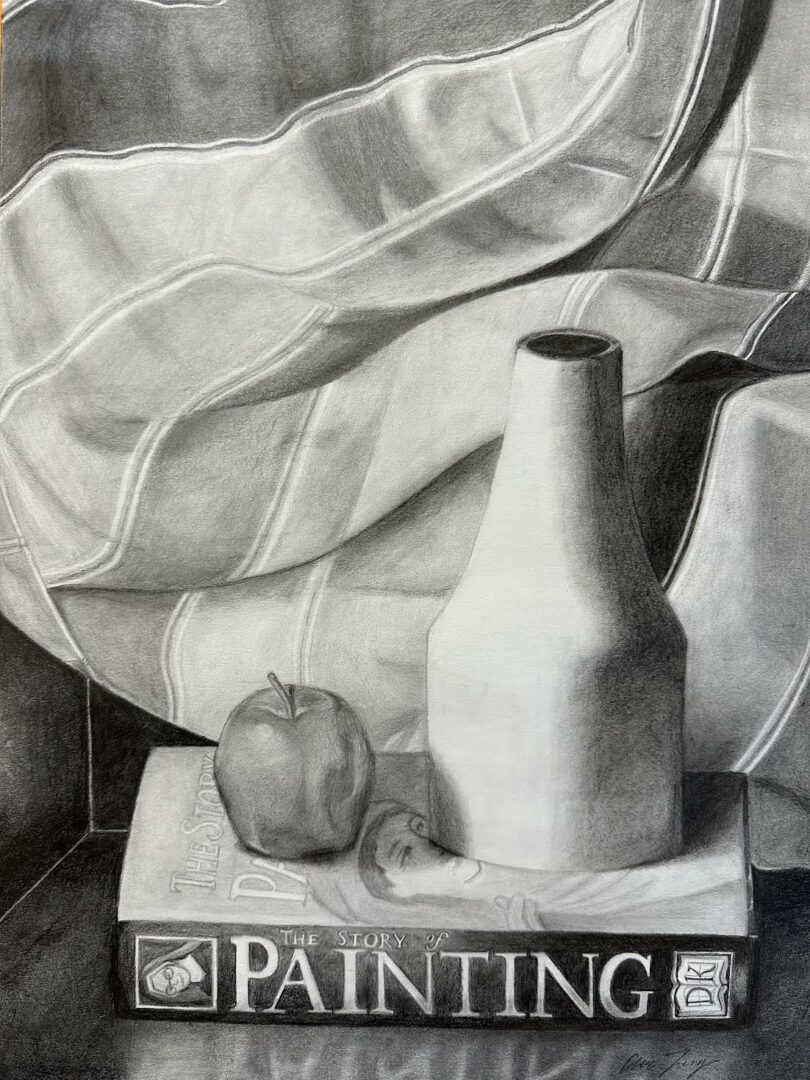
Any advice for folks feeling overwhelmed?
With how busy life can get, its easy to feel overwhelmed at times. I’d say the strategy that works best for me is to assess the problem that’s causing the stress first, and then breaking those things down into small, manageable steps. I’ll make a list of exactly what needs to get done and focus on one thing at a time instead of attempting to do everything at once. Crossing off one small item makes the rest feel more doable! If I could give any advice, it would be that taking breaks is very important when you feel overwhelmed. Rest, breathe, and ask for help when you need it! Feeling overwhelmed is temporary, but how you respond to that feeling will shape you.
Contact Info:
- Instagram: @origami.forgood
- Linkedin: https://www.linkedin.com/in/chloe-y-tseng/
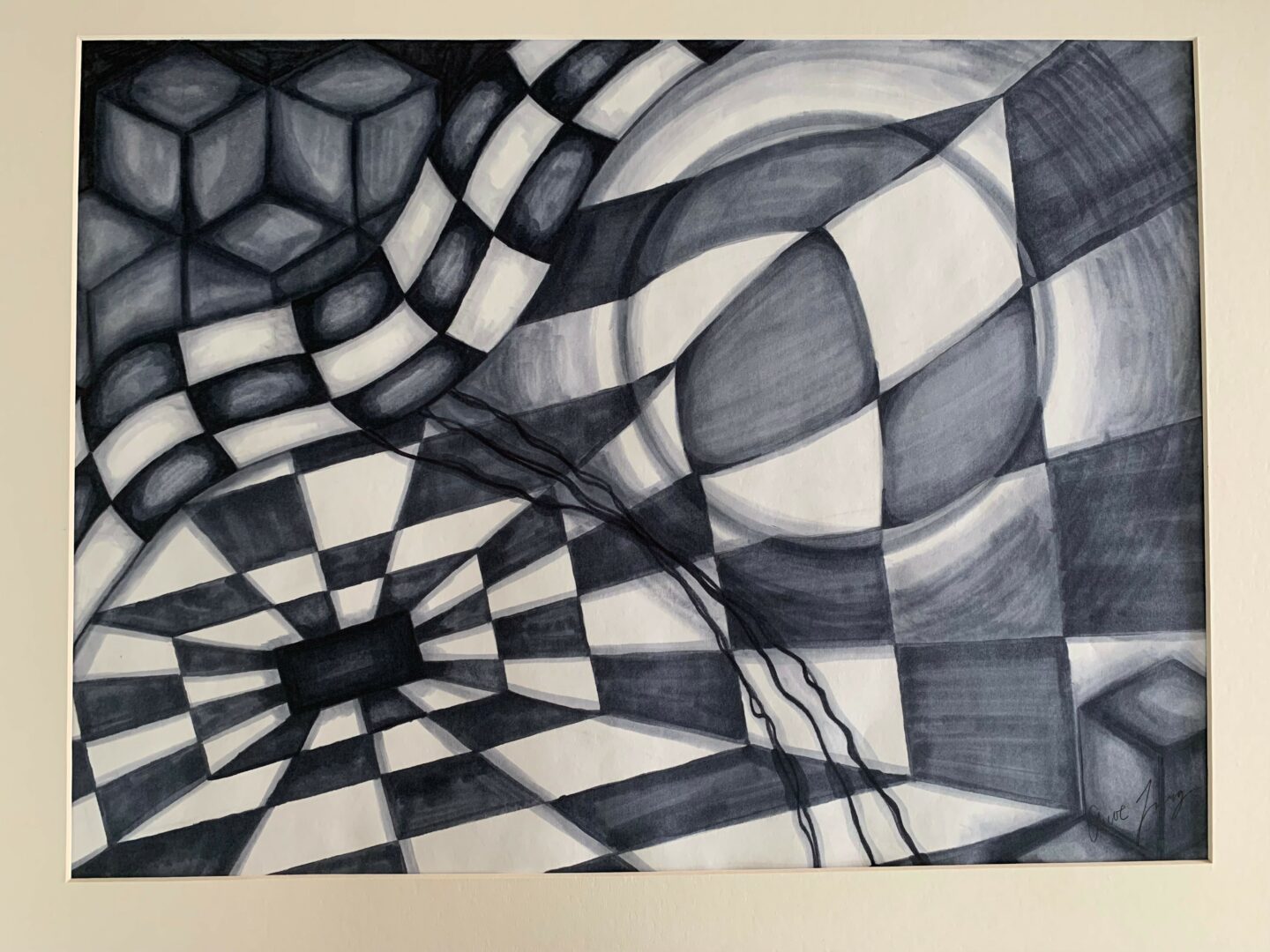
so if you or someone you know deserves recognition please let us know here.

